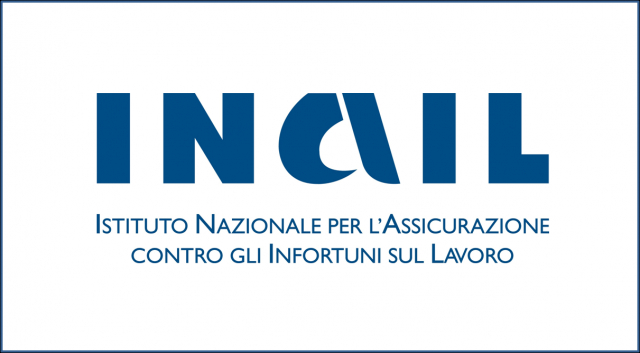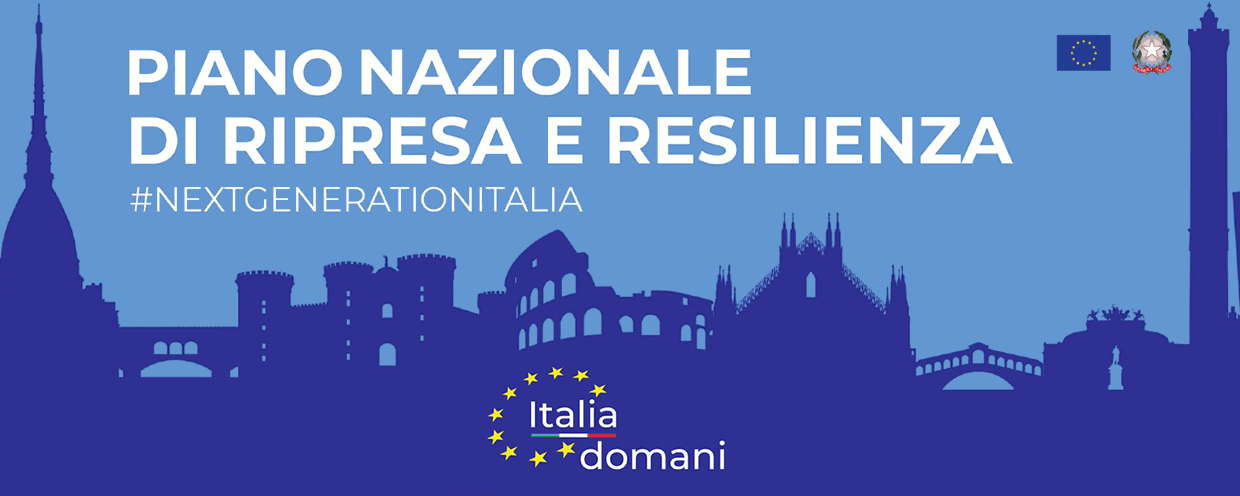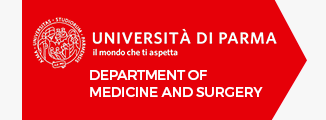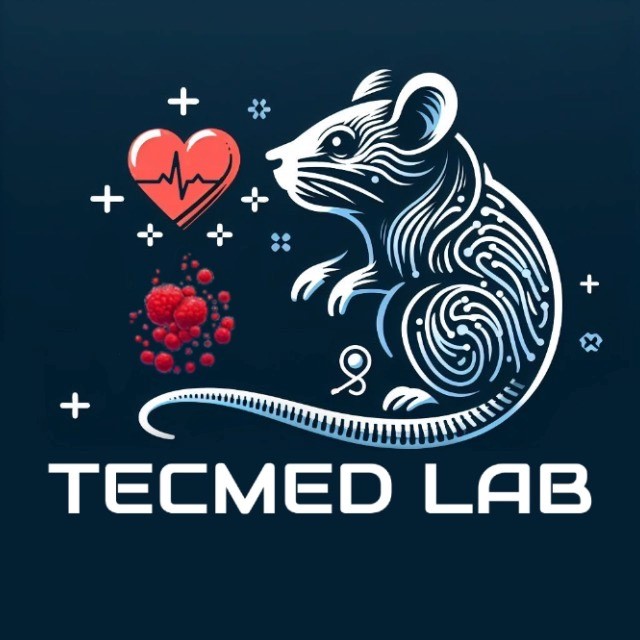Our research interests focus on the mechanisms underlying cardiac arrhythmias and on the development of innovative therapeutic strategies. Cardiac arrhythmias are a major cause of sudden cardiac death in both the healthy and failing heart. To address these challenges, we apply novel medical approaches and customized technologies.
Cardiac tissue undergoes multiscale remodeling processes that originate at the nanoscale level, where local alterations in subcellular compartment physiology induce structural and functional changes, ultimately leading to arrhythmogenesis.
Our laboratory is equipped with state-of-the-art technologies for cardiac electrophysiology and nanophysiology, including scanning probe microscopy, nonlinear optical microscopy, LOKI technologies, flow cytometry (FACS), high-resolution epicardial mapping arrays, computer vision–based systems, optogenetics, cardiac organoid production and functional characterization from stem cells, long-term electrophysiological recordings, and fully equipped cell culture facilities.
RESEARCH PROJECTS
Dissecting the role of neurogenic factors in Arrhythmogenic Cardiomyopathy
PRIN 2022 | 2023–2026
This project aims to elucidate the role of neuro–cardiac interactions in arrhythmogenic cardiomyopathy and sudden cardiac death.
Our contribution focuses on dissecting the mechanisms of sudden death using human iPSC-derived cardiac organoids carrying desmoglein and plakophilin mutations. These organoids are composed of cardiomyocytes, endothelial cells, and sympathetic nervous system (SNS) neurons.
In parallel, we perform electromechanical evaluations in knockout mouse models targeting the same junctional proteins and investigate therapeutic interventions based on nanocarrier-mediated delivery of neuropeptide Y (NPY) agonists, combining ViKiE and MUX technologies.
MAMELI – MApping the Methylation of repetitive elements to track the Exposome effects on health: the city of Legnano as a Living Lab
ERC Consolidator Grant | 2023–2028
The MAMELI Project (Multidisciplinary Approaches to the study of MEtabolic and Lifestyle-related diseases in Italy) is a large-scale Italian research initiative led by Prof. Valentina Bollati (University of Milan). The project aims to understand and prevent metabolic and lifestyle-related diseases, including obesity, diabetes, and cardiovascular disorders.
MAMELI investigates how genetic susceptibility, diet, physical activity, and environmental exposures interact to influence disease risk. By integrating population-based studies with advanced omics approaches (genomics, epigenomics, metabolomics), the project seeks to identify early biomarkers of risk and develop personalized prevention strategies.
The initiative involves hospitals, universities, and research centers across Italy, leveraging longitudinal and cross-sectional datasets to assess disease trajectories. Beyond scientific discovery, MAMELI aims to translate results into public health policies and guidelines.
Our group focuses on exposomic data extracted from smartwatches in more than 6,000 subjects, correlating physiological parameters with air pollution, lifestyle factors, and urban stressors.
Homepage - Mameli
YIRG – Young Investigator Research Grant
Organoids on a Chip for the Investigation of Inherited Cardiac Arrhythmias | 2022–2026
This project supports the training of four postdoctoral researchers within one of the key themes of the PNR 2021–2027: in vitro recapitulation of inherited diseases.
Human iPSC-derived cardiomyocytes are used to generate cardiac organoids for high-throughput functional and molecular screening using the LOKI platform. A new bioreactor incorporating innovative technologies is currently under development to further advance the project’s objectives.
Arrhythmias are investigated through functional assays and drug screening approaches, including nanotechnology-based delivery systems. The project is conducted in collaboration with the DIA and SCVSA Departments at the University of Parma and enables the integration of expertise across four distinct disciplines.
NanoKos – Increasing Research Capacities in Kosovo
Nanoparticles
in Environmental and Medical Research
EuropeAid
BGUE-B2020-22.020102-C1-NEAR DELKOS | 2023–2025
This EU-funded project focuses on the study of inhalable nanoparticles from environmental and medical sources, with the goal of strengthening research capacities in Kosovo.
Students and postdoctoral researchers from the University of Pristina join our laboratory, King’s College London, and the University of Milan for advanced training in cardiovascular research and nanotherapies. The project fosters international collaboration and knowledge transfer, with activities starting in March 2023.
Novel Nanomaterials for Cardiovascular Nanomedicine
PNRR
– Next Generation EU | 2022–2025
Spoke 1: Materials for
Sustainability and Ecological Transition
WP4: Advanced Materials
and Devices for Health, Diagnostics, and Therapeutics (One
Health approach)
The first subproject focuses on the development and validation of nanomaterials for cardiovascular nanomedicine. In particular, we are producing and testing conductive silicon carbide nanowires capable of synthetically restoring impulse propagation in cardiac tissue (see our recent Nature Communications publication). These nanowires are explored as a strategy to terminate sustained arrhythmias.
The second subproject aims to develop nanoparticles capable of releasing pharmaceutical compounds following inhalation at pulmonary and cardiovascular levels, as well as after ocular administration. A patent for the nanoparticle administration procedure is currently pending. The project also employs 3D bioprinting to create materials enabling localized drug delivery.
AVATHEART – Dissecting the Role of Contractility Impairment in Hypoplastic Left Heart Syndrome Using Organoids-on-a-Chip
FIL-UNIPR 2024–2026 | FIL-Azione C 2025–2027
This project investigates cardiac contractility impairment in hypoplastic left heart syndrome (HLHS) using patient-specific cardiac organoids derived from iPSCs obtained from patients undergoing Glenn and Fontan procedures.
We focus on contractile dysfunction and drug screening within a personalized medicine framework, translating experimental findings into the clinical setting. The study leverages the LOKI platform and ViKiE technology within operating rooms, in collaboration with the University of Verona and CNR.
Strong collaborations are in place with Foresee Biosystems and Multichannel Systems to integrate action potential recordings and kinematic analyses in cardiac organoids.
PAST
GRANTS
Novel Molecular Probes for 4D Sensing of Electromechanical Activity in Cardiac Tissue (PR-4D-EMA)
2021–2024
This project was dedicated to the design and synthesis of electrochromic and mechanochromic fluorophores acting as highly sensitive probes of membrane potential and mechanical tension in living cells.
Labeled cardiac specimens were investigated using a newly installed multiphoton microscope at the Department of Chemistry, Life Sciences and Environmental Sustainability, University of Parma. Multiphoton microscopy enables three-dimensional fluorescence imaging based on nonlinear excitation, allowing in-depth tissue visualization up to 2 mm with submicrometer spatial resolution.
The approach enables four-dimensional (space–time) sensing of key variables—including electric fields, strain, and shear stress—by detecting stimulus-induced changes in the emission spectrum of the probes. This strategy provides an advanced tool for the quantitative evaluation of electromechanical coupling in cardiac tissue.
New Method for Assessing Cardiac Contraction Parameters in the In Vivo Beating Heart: LVAD-STRAT
ERAPERMED | 2019–2022
In collaboration with the Departments of Bioengineering and Mathematics at the University of Pavia and with the University of Verona, we developed a novel method for high-resolution kinematic analysis of cardiac contraction, named ViKiE (Video Kinematic Evaluation).
ViKiE is a contactless computer vision–based technology capable of recording the cardiac beating cycle—from single sarcomeres to the entire heart—using high-speed bright-field imaging over short acquisition windows (1–5 seconds). A custom-designed algorithm tracks tissue trajectories during contraction and relaxation, extracting Hamiltonian mechanical parameters such as force, contraction velocity, kinetic energy, and displacement.
In the clinical setting, ViKiE operates in parallel with transesophageal echocardiography during open-chest cardiac surgery, providing real-time prognostic and diagnostic information to surgeons. The technology was integrated into the European ERAPERMED project LVAD-STRAT, aimed at improving right ventricular functional assessment during left ventricular assist device implantation.
LVAD-STRATA Novel Method to Predict Arrhythmias in Obstructive Sleep Apnea Patients: SLEEP@SA
BRIC INAIL | 2019–2022
SLEEP@SA is a funded project focused on the development of artificial intelligence tools to predict the progression of cardiac dysfunction in patients affected by obstructive sleep apnea (OSA).
The project involved the acquisition of electrocardiographic signals, blood pressure, and stress-related biomarkers from workers exposed to circadian rhythm disruption (e.g., pilots and professional drivers). These multimodal datasets were integrated into machine learning algorithms to identify early predictors of arrhythmic risk and cardiac deterioration.
SLEEPOSAS webiste .Nanoparticles and Cardiac Drug Delivery: Targeting the Diseased Heart via the Respiratory Pathway (CUPIDO)
2017–2021
This project focused on the development of nanoparticles capable of selectively delivering therapeutic agents to the failing heart via the respiratory route.
By fine-tuning the physicochemical properties of nanoparticles, we investigated strategies to transport and release bioactive molecules—such as microRNAs and therapeutic peptides—directly to diseased cardiac tissue. Promising results were obtained using electrically charged calcium phosphate nanoparticles.
The project was conducted in collaboration with the Department of Life Sciences, University of Parma, IRGB-CNR, and ISTEC-CNR, within the framework of the European CUPIDO project. The overarching goal was to deepen the understanding of nanoparticle-based cardiac drug delivery and to establish innovative non-invasive therapeutic approaches.
FUNDING AGENCIES










